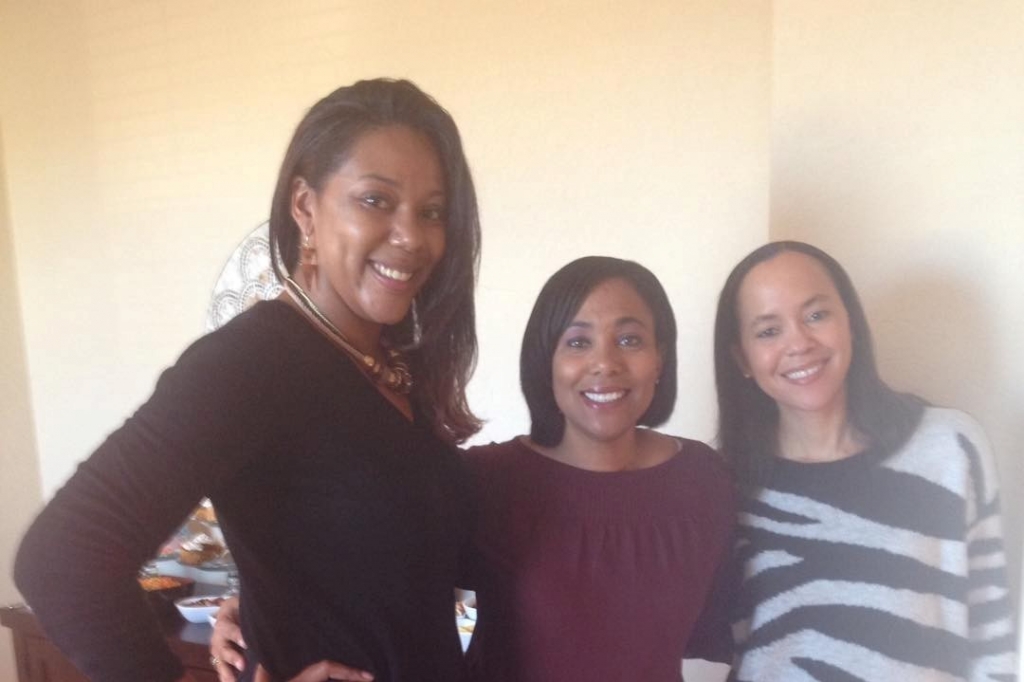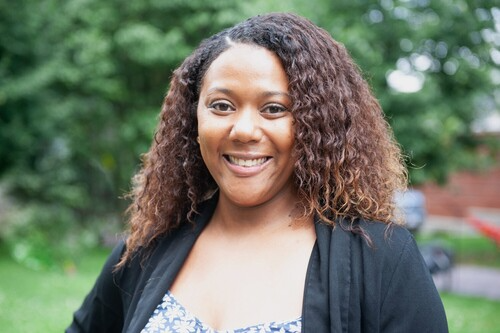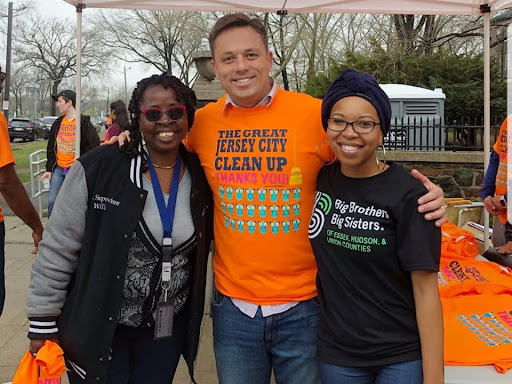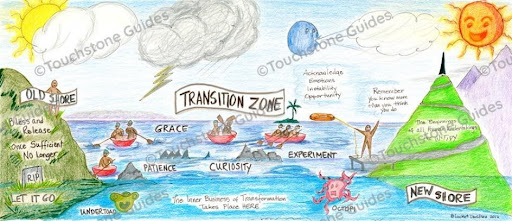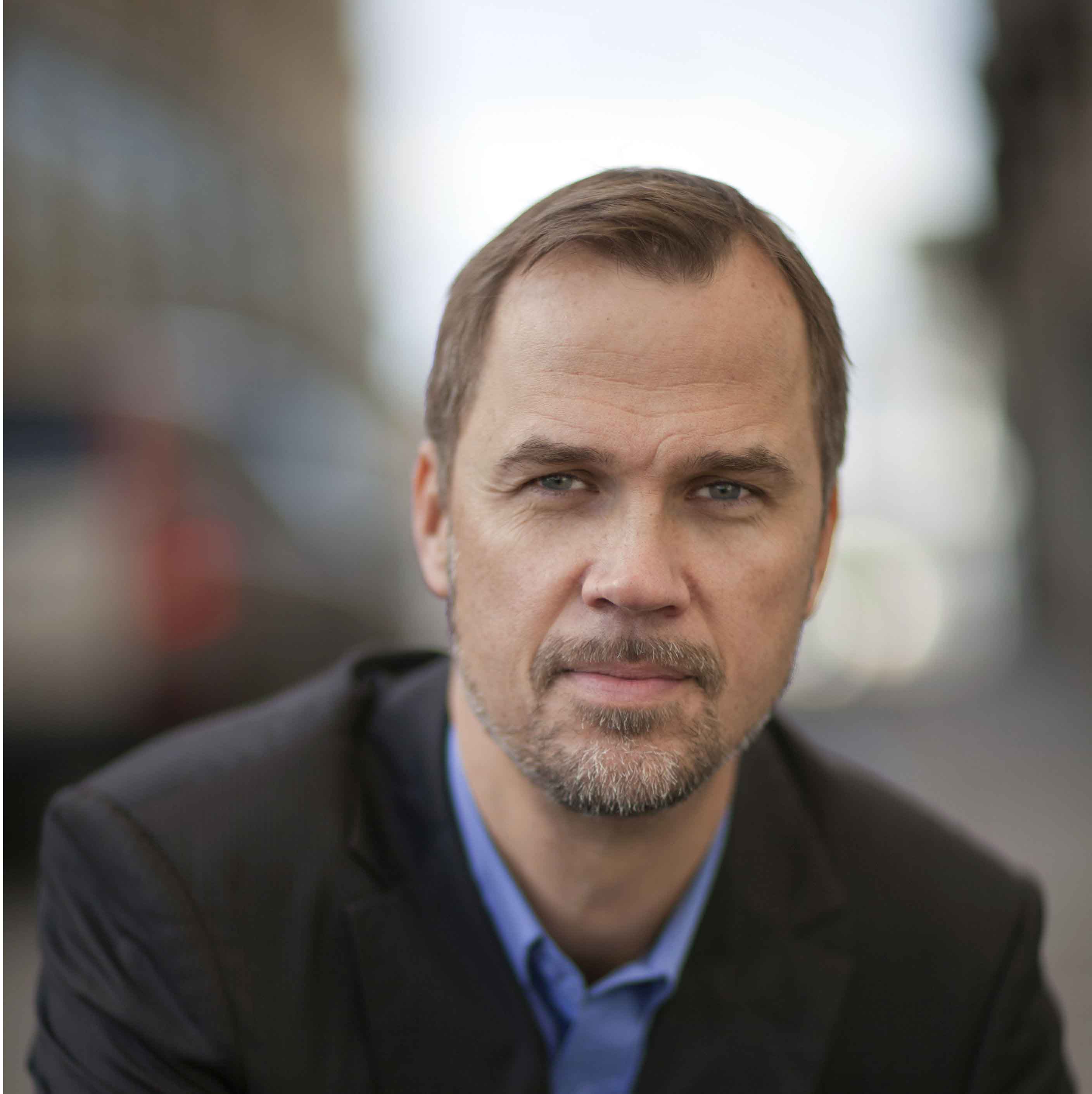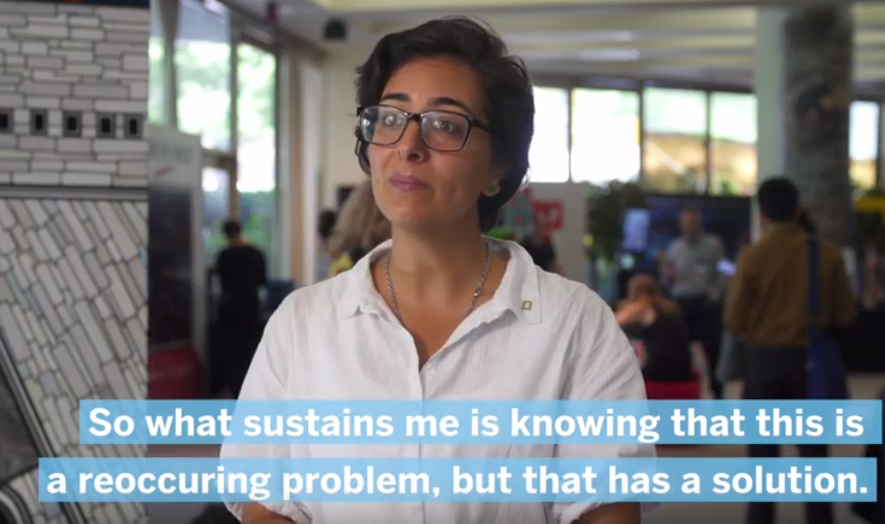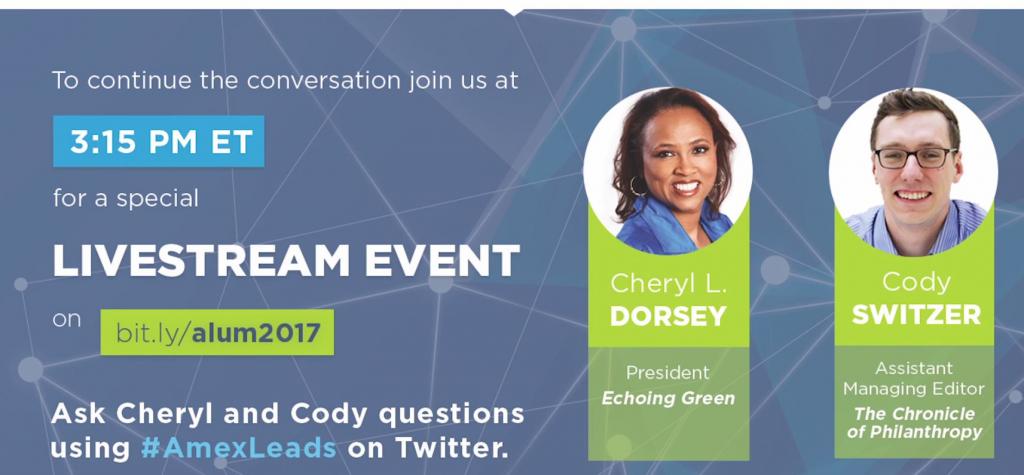.jpg)
Elsie Ramsey, founder of the resource website, Bigger Than Depression is a vocal advocate for normalizing conversations about mental illness in both our professional and personal lives. She has turned her own experiences with depression into a tool for connecting with others and supporting leaders to integrate mental health and self-acceptance into their leadership.
LeaderStories spoke with Elsie Ramsey to hear how she has accelerated her outreach to meet the growing need for mental health support, and what advice she has for professionals who are finding the transition back to the office stressful.
Tell us about your work, and what drives you.
I founded Bigger Than Depression so that people suffering from a mood disorder could find online content that resonates with their experience of struggle. There have been many times in the past when I was low and could not find the stories I needed to hear from the authors who could tell them.
There is a singular comfort one gets from connecting with peers, that in no way negates the role of quality clinical care in getting and staying well. With that principle in mind, I developed the foundational philosophy that guides my work as a writer, activist and solicitor of stories: If I recover loudly, I help prevent others from dying quietly. I do not mean death only in the literal sense here; I’ve undergone many spiritual deaths during depressive episodes that destroyed pieces of my personhood. The good news is those deaths eventually lead to the building of something new and wonderful; Bigger Than Depression is one such example.
In acknowledging the tremendous personal and professional growth that came from surviving my emotional pain, I found the counter-intuitive message I like to share with other social purpose leaders who are on their own professional journeys:
“Admitting weakness and admitting I’m in pain has allowed me to be a leader."
Ultimately, my biggest motivation for continuing the work of Bigger Than Depression is a desire to feel less alone myself.
"I am my reader and my reader is me."
Tell us about the projects you are most excited about for the upcoming year.
 I used to say, “reaching one person is a success if it helps them feel less alone." I still believe that, but I want to reach as large a population as I can, and not just those who suffer from depression this year. Societal movement towards less inhibition and secrecy surrounding mental illness begins with increasing levels of comfort and identification on the individual level.
I used to say, “reaching one person is a success if it helps them feel less alone." I still believe that, but I want to reach as large a population as I can, and not just those who suffer from depression this year. Societal movement towards less inhibition and secrecy surrounding mental illness begins with increasing levels of comfort and identification on the individual level.
In September 2021 and continuing through 2022, I will continue publication of my ongoing series documenting the latest research and progress towards FDA approval for clinical use of the psychedelic medicine MDMA. The drug, popularly referred to as ecstasy in street drug [and often adulterated] form, is showing promise in clinical settings in the treatment of PTSD and potentially depression and anxiety down the line.
The inspiration for this series came from a good friend of mine, who began sharing his excitement about clinical MDMA with me in December of last year. He is the first person I know to have tried it through participation in a clinical trial, and his experience fascinated me. I started doing my own research and by hearing from trial participants, researchers, psychiatrists, and private sector stakeholders investing in clinics that will provide the treatment after approval, I am presenting a chorus of voices, all in one place, so we can better understand the big changes experts are telling us are ahead.
I am also working on supporting the communications efforts of teletherapy platforms whose missions I strongly support. I’m very enthusiastic about the restructuring of clinical care, triggered by COVID-19, from in-office treatment to a wide range of virtual care options.
My work to minimize stigma only finds value if the masses can easily seek out quality, evidence based, affordable treatment. I am grateful for the opportunity to use the narrative talents I have developed through my work on Bigger Than Depression to assist mission-aligned groups that are changing the face of therapy for the better.
Finally, I am going to be integrating more video content onto the website starting in February of 2022. Though I remain primarily devoted to the creation and sharing of written material, I recognize that many of us prefer short, digestible films. By producing video profiles of our authors featuring their stories, I hope to broaden our reach beyond bibliophiles like me.
Can you share some advice and tips for our readers about taking care of our mental health in the workplace during a time of upheaval and change post-COVID?
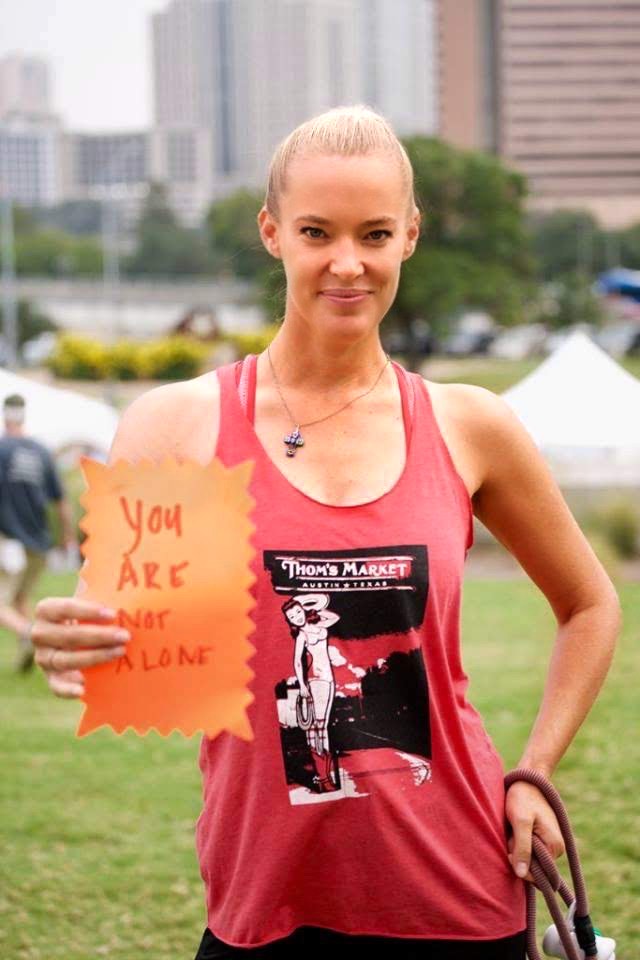 The simple fact is that there are many outwardly “successful," high achievers who battle serious depression and are pros at functioning at the leadership level in spite of mood issues.
The simple fact is that there are many outwardly “successful," high achievers who battle serious depression and are pros at functioning at the leadership level in spite of mood issues.
If that describes you, and you know exactly who you are, keep up the good fight. And while you're at it, please share with others that depression has not stopped you from finding success and fulfillment.
For those professionals who are making a conscious decision to take a proactive approach to maintaining or optimizing their mental health, I would first of all like to say you have made a very wise choice. Mental wellness is directly connected with workplace productivity so expect to get more done with higher quality. When we work better, our teams tend to perform better too, which amplifies our success and that of our organizations.
I tend to avoid list making because I see so many of them on the internet, but I'll make an exception for LeaderStories! Each of these habits has contributed to my growth and progress as a leader:
- Before meetings, take some high quality time for yourself. I always do this to center my focus, determine one primary desired outcome for the meeting, and engage in some self affirmation. We became leaders partly because we can engage with workplace adversaries productively and influence others. To be in peak shape to present or engage with audiences that may not share my views, I remind myself that my opinions and talents are no less valuable than anyone else’s, even when I’m in the minority regarding a particular position. I conduct these pep talks during a fresh air break or by temporarily closing the door to my office.
- Before or after the blocks of time in which you are actively engaged in work, have a sensory experience that you do not have when working. While we all began working from home, I would often use a shower to punctuate the beginning and end of my work blocks. Experiencing the warm water, and accompanying sounds and smells of the soap and tile reset my brain so I felt as good as new when transitioning in and out of periods of intense focus. A walk provides the same benefit as long as you do not take out your phone. Other alternatives could be a run, some floor stretching or exposure to art (listening to some music, reading something on the page).
- Connect with a stranger, friend or family member in a brief but meaningful way. Lockdown emphasized the essential nature of eye contact, smiles and open gestures in our interactions with others. Every day when I order my tea at the neighborhood coffee house, I indulge in some friendly banter with another customer of a member of the staff (all of whom now feel like close friends). We are instantly revitalized by such encounters, sharpening our intellect, enlarging our emotional bandwidth, and increasing the feel good chemicals in our brains.
_____________

Elsie Ramsey is the Founder of the website www.biggerthandepression.com, an online community of people sharing their stories about lives lived with a mood disorder. Elsie advocates for normalizing conversations about mental illness in both our personal and professional lives. Elsie has a BA in Political Science from Hunter College and is earning her MA in Communications from Johns Hopkins University. She has worked in politics, non-profits focused on reducing unemployment, and behavioral health care technology. Connect with Elsie Ramsey on LinkedIn here.
📽️ You can also watch the LeaderStories 90-second video profile featuring Elsie Ramsey and her work: Bigger Than Depression: How Elsie Ramsey Fosters Community.




